2015 by the Board of Trustees
of the University of Illinois
All rights reserved
Manufactured in the United States of America
1 2 3 4 5 C P 5 4 3 2 1

This book is printed on acid-free paper.
Library of Congress Cataloging-in-Publication Data
Bussel, Robert
Fighting for total person unionism : Harold Gibbons, Ernest Calloway, and working-class citizenship / Robert Bussel.
pages cm. (The working class in American history)
Includes bibliographical references and index.
ISBN 978-0-252-03949-2 (hardcover : alk. paper)
ISBN 978-0-252-08104-0 (pbk. : alk. paper)
ISBN 978-0-252-09760-7 (e-book)
1. Gibbons, Harold J. 2. Calloway, Ernest. 3. International Brotherhood of Teamsters, Chauffeurs, Stablemen, and Helpers of America. 4. Labor leadersUnited StatesBiography. 5. Working classUnited StatesHistory. 6. EqualityUnited StatesHistory. 7. Labor movementUnited StatesHistory. I. Title.
HD 6508.5. B 87 2015
331.88092'273dc23 2015005245
[B]
ACKNOWLEDGMENTS
To paraphrase the words of the old Beatles song, I got by on this project with a lot of help from my friends, both old and new. A stellar supporting cast played an integral role in making this book possible, and I am deeply grateful for the assistance that many people offered during my years of work on this project.
Archivists are among the best friends that historians can have, and I was blessed from the outset to work with some of the best in the business. At Southern Illinois University Edwardsville (SIUE), where the Harold Gibbons Collection is located, Steve Kerber and Amanda Bahr-Evola functioned as savvy guides and generous hosts, responded patiently to my numerous requests, and expressed continuing interest in the progress of my work. Across the Mississippi River at the University of Missouri-St. Louis (UMSL), Kenn Thomas shared his compilation of Ernest Calloways writings and helped me appreciate Calloways seminal role in both Teamsters Local 688 and the black freedom struggle in St. Louis. Kenns colleagues Susan Beatty, Linda Belford, and William Fischetti welcomed me during my many visits and facilitated my exploration of Calloways papers and other relevant collections. I am also indebted to Jennifer Roberts at SIUE and Nancy McIlvaney at UMSL for creating the digital photographs that appear in the book.
Two other archivists provided valuable assistance during the latter stages of my research. Tom Connors helped me find significant documents at the Teamsters Archives housed at George Washington University. At the National Archives in Washington, Kate Mollan combed the records of the McClellan Committees investigation of labor corruption prior to my visit, enabling me to discover pertinent materials quickly and efficiently. Closer to home, Tom Stave, head of the document center at the University of Oregons Knight Library, directed me to important sources that were vital to my research.
Twenty-five people agreed to be interviewed for this project, and I am grateful for their willingness to discuss their relationships with Harold Gibbons and Ernest Calloway. I am especially indebted to Patrick Gibbons, Larry Gibbons, and Elizabeth Vasquez for sharing memories about their father. Regrettably, Charles Oldham, Jerry Tucker, and Margaret Bush Wilson died before this project was completed. Each offered many valuable insights, along with stirring examples of their personal courage and commitment to the cause of social justice.
At the University of Oregon, I have benefited from strong collegial support. Marcus Widenor, my colleague at the Labor Education and Research Center, gave the manuscript a thoughtful reading and repeatedly allowed me to tap his extensive knowledge of labor history. Dan Tichenor, senior fellow at the Wayne Morse Center for Law and Politics, and Jill Harrison, a professor in the Sociology Department, organized gatherings of teachers and students that provided me with useful feedback. I am also grateful to senior vice-provosts Russell Tomlin and Doug Blandy for encouraging me to take time from my administrative duties and complete this project.
Several fellow historians graciously assisted me in important ways. Robert Korstad enhanced my understanding of Ernest Calloways involvement in Operation Dixie and the critical R.J. Reynolds campaign. Clarence Lang sent me copies of materials he compiled during his impressive research on the black freedom struggle in St. Louis, and David Witwer shared useful documents from his path-breaking study of the Teamsters Union.
Portions of the book have previously appeared in other publications. Parts of , titled A Trade Union Oriented War on the Slums, includes material first published in an article by the same name in Labor History, Vol. 44, No. 1, 2003, 4967. I appreciate being granted permission to draw on this work and thank Meredith Babb, director of the University Press of Florida, and Craig Phelan, editor of Labor History , for their cooperation.
Rosemary Feurer and an anonymous reader for the University of Illinois Press offered numerous suggestions that have found their way into this book. Laurie Matheson, editor-in-chief at the University of Illinois Press, has displayed professionalism, patience, and support throughout the entire review and publication process. I deeply appreciate the many kindnesses that she has extended since I first submitted the manuscript. I am also deeply grateful to Tracy Petersen for her skilled copyediting and Linnea Dwyer for capably indexing the book.
Three historians, all of whom I count as trusted friends, read the penultimate version of the completed manuscript. For nearly twenty-five years, Nick Salvatore has both championed and critiqued my work, and once again I have benefited from his inimitable version of tough love. Joe McCartin offered equal portions of sage advice and strong encouragement. A model of engaged scholarship and thoughtful activism, he sets a standard that both challenges and inspires me. I am especially grateful to the late Robert Zieger, who read the manuscript just months before his untimely death. In addition to being an exemplary scholar and activist, Bob was a loyal and generous friend whose memory I hope this work will honor.
Bruce Smith has been my best friend and sounding board for more than forty years. His loyalty, comradeship, and lively intelligence have sustained me during this project and throughout the course of my life and career.
I owe my most profound debts to my family. My brother, David Bussel, recently completed his undergraduate degree in history at age 61. His work ethic, perseverance, and passion for history reinforced my commitment to keep working and get things right. My aunt and cousin, Fay and Michael Marker, provided warm hospitality during my many visits to St. Louis. They introduced me to the rich cultural and culinary delights of their adopted city and were always willing to listen to the latest news of my archival discoveries. Next time Im in town, Auntie, the toasted raviolis and Ted Drewes frozen custards are on me!

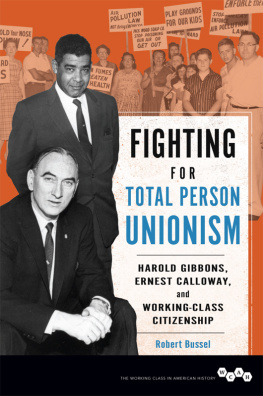

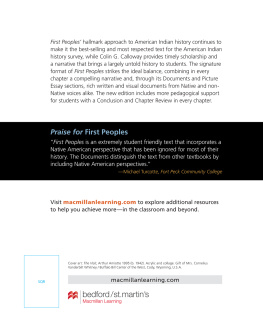
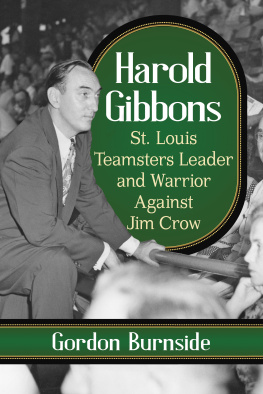
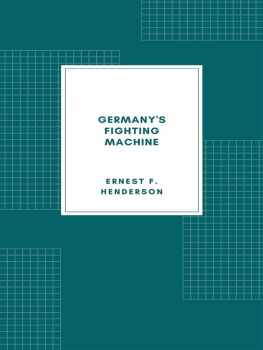
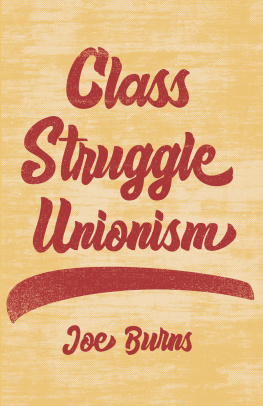
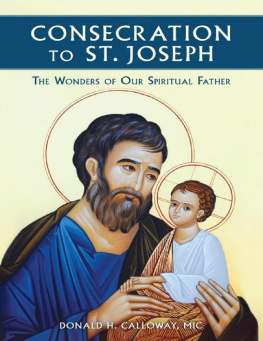
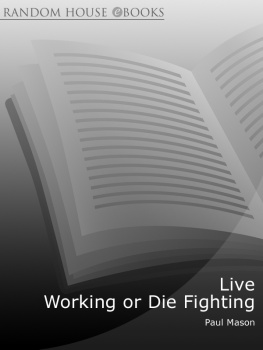
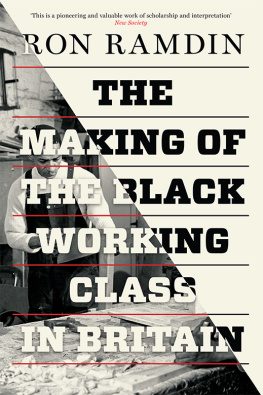
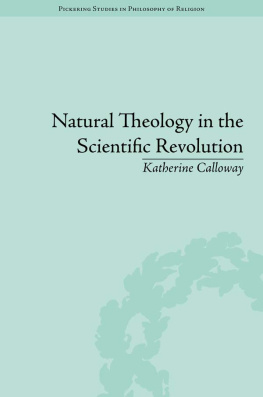

 This book is printed on acid-free paper.
This book is printed on acid-free paper.